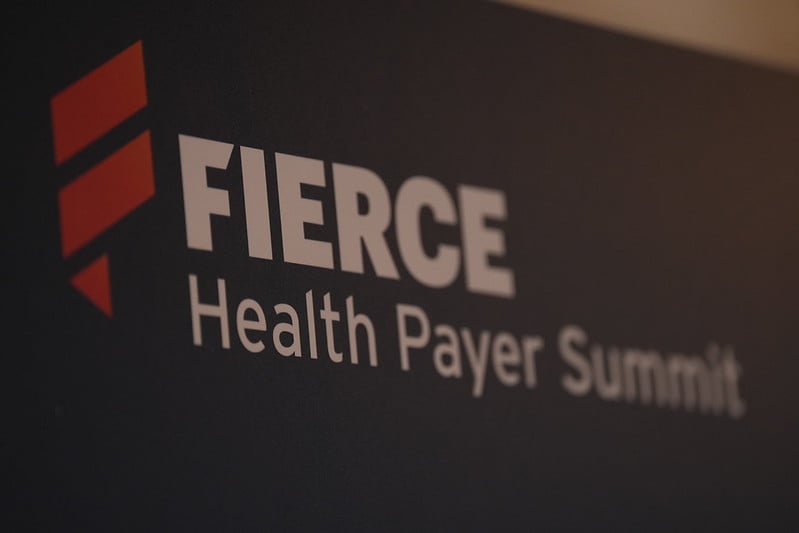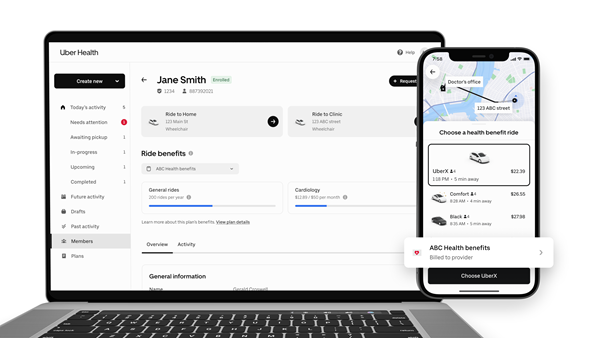Former HHS Secretary Alex Azar took the stage at Day 2 of the Fierce Health Payer Summit on Thursday.
Azar said he is “bullish” on Medicare Advantage, while also voicing concerns about where the outgoing Biden administration has left the program.
Azar pointed to the successes of value-based care models that were implemented under his tenure in conjunction with the Centers for Medicare and Medicaid Innovation like the ACO Reach model and the kidney care model. he stressed that under his tenure HHS improved value-based care.
“We changed the paradigm of how you think about value-based care, because I think this notion of paying for an outcome and rewarding an outcome, the transaction costs around that are so high it should was just more micromanagement from Security Boulevard, and instead we said total cost of care,” Azar said. “Let’s instead think about delegated payments and unleashing providers and their patients to do what’s right within a budget, and that became the current and future direction of value right now.”
Azar said the new Trump administration will likely be more favorable to value-based care, though it’s not a sure fire initiative. He said the future of value-based care will depend on the personnel that president-elect Donald Trump hires in the Office of Management and Budget, the West Wing and to lead HHS and CMS.
“Anyone on the Republican side has worked for me over the last 20, 25 years. So we all did work together,” Azar said. “So we’ve all been trained, indoctrinated, are believers in that particular transformation. I think MA will find a more positive ear, [but] not unquestioning.”
Azar railed against the January 2024 Medicare Payment Advisory Commission (MedPAC) report (PDF) on the status of Medicare Advantage (MA) that said that Medicare Advantage costs more than Medicare fee for service (FFS). He said the Medicare payment advisory commission wrongly concluded that Medicare Advantage costs more than Medicare FFS, because it assumed that MA patients are healthier than Medicare FFS patients.
The report contributed to the “perfect storm” for Medicare Advantage that has led to hospitals and providers moving away from MA, Azar said. He argued that detrimental cuts to the program under the Biden administration and the post-pandemic healthcare utilization spike have made MA unprofitable for provider organizations.
“I talked to a hospital system CEO the other day. They’re getting rid of all delegation next year on MA, because they’re saying, ‘Hey, we know fee-for-service. We know how to turn the crank’ … I think you’re gonna see a lot of these major physician groups that were taking on [risk] … convert out of taking delegation.”
Conversely, Azar talked about the Inflation Reduction Act and the cuts it made to prescription drug programs for Medicare. Because FFS needs a stand alone prescription drug plan, which the reform has made “unsustainable,” Azar predicted that more payers will shift to MA. “That will accelerate the growth of MA membership,” Azar said.
Publisher: Source link










